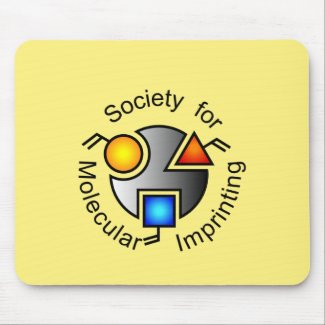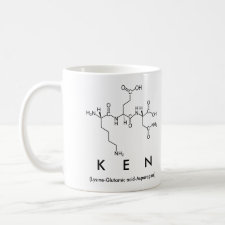
Authors: Yonamine Y, Hoshino Y, Shea KJ
Article Title: ELISA-Mimic Screen for Synthetic Polymer Nanoparticles with High Affinity to Target Proteins.
Publication date: 2012
Journal: Biomacromolecules
Volume: 13
Issue: (9)
Page numbers: 2952-2957.
DOI: 10.1021/bm300986j
Abstract: Synthetic polymer nanoparticles (NPs) that display high affinity to protein targets have significant potential for medical and biotechnological applications as protein capture agents or functional replacements of antibodies (''plastic antibodies''). In this study, we modified an immunological assay (enzyme-linked immunosorbent assay: ELISA) into a high-throughput screening method to select nanoparticles with high affinity to target proteins. Histone and fibrinogen were chosen as target proteins to demonstrate this concept. The selection process utilized a biotinylated NP library constructed with combinations of functional monomers. The screen identified NPs with distinctive functional group compositions that exhibited high affinity to either histone or fibrinogen. The variation of protein affinity with changes in the nature and amount of functional groups in the NP provided chemical insight into the principle determinants of protein-NP binding. The NP affinity was semiquantified using the ELISA-mimic assay by varying the NP concentrations. The screening results were found to correlate with solution-based assay results. This screening system utilizing a biotinylated NP is a general approach to optimize functional monomer compositions and can be used to rapidly search for synthetic polymers with high (or low) affinity for target biological macromolecules



Join the Society for Molecular Imprinting

New items RSS feed
Sign-up for e-mail updates:
Choose between receiving an occasional newsletter or more frequent e-mail alerts.
Click here to go to the sign-up page.
Is your name elemental or peptidic? Enter your name and find out by clicking either of the buttons below!
Other products you may like:
 MIPdatabase
MIPdatabase









